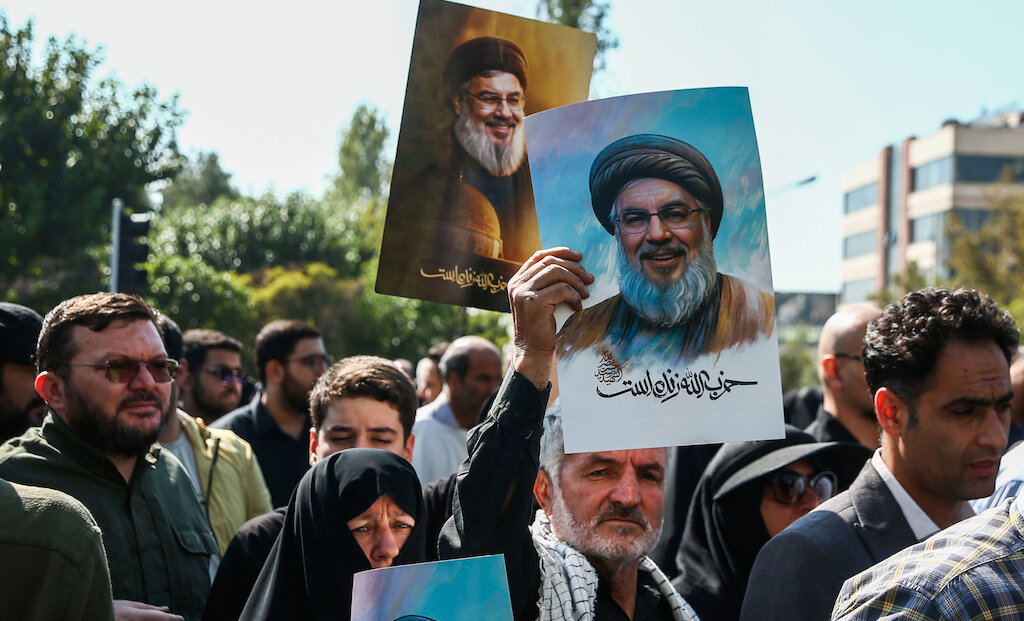ISIS Issues 11 Rules for Journalists
The blog Syria Deeply, one of the better sources for on-the-ground information in Syria, has a first-hand account of new strictures handed down from the Islamic State in Iraq and Syria for journalist in the Syrian province of Deir Ezzor. According to a journalist in the region, the new rules have caused many journalists to flee the area.
Published by The Lawfare Institute
in Cooperation With

The blog Syria Deeply, one of the better sources for on-the-ground information in Syria, has a first-hand account of new strictures handed down from the Islamic State in Iraq and Syria for journalist in the Syrian province of Deir Ezzor. According to a journalist in the region, the new rules have caused many journalists to flee the area. Even so, another journalist notes that after leaving the province, he continued to receive threats---including crucifixion of his family if he did not return. A man simply listed as Maher, who was a media activist during the Assad regime, suggests the situation might have been better under Assad, when censorship included beatings and months-long periods of detainment, instead of summary death sentences, crucifixions, and beheadings.
Here are the new rules controlling the press in the Islamic State:
- Correspondents must swear allegiance to the Caliph [Abu Bakr] al-Baghdadi . . . they are subjects of the Islamic State and, as subjects, they are obliged to swear loyalty to their imam.
- Their work will be under the exclusive supervision of the [ISIS] media offices.
- Journalists can work directly with international news agencies (such as Reuters, AFP and AP), but they are to avoid all international and local satellite TV channels. They are forbidden to provide any exclusive material or have any contact (sound or image) with them in any capacity.
- Journalists are forbidden to work in any way with the TV channels placed on the blacklist of channels that fight against Islamic countries (such as Al-Arabiya, Al Jazeera and Orient). Violators will be held accountable.
- Journalists are allowed to cover events in the governorate with either written or still images without having to refer back to the [ISIS] media office. All published pieces and photos must carry the journalist’s and photographer’s names.
- Journalists are not allowed to publish any reportage (print or broadcast) without referring to the [ISIS] media office first.
- Journalists may have their own social media accounts and blogs to disseminate news and pictures. However, the ISIS media office must have the addresses and name handles of these accounts and pages.
- Journalists must abide by the regulations when taking photos within [ISIS territory] and avoid filming locations or security events where taking pictures is prohibited.
- ISIS media offices will follow up on the work of local journalists within [ISIS territory] and in the state media. Any violation of the rules in place will lead to suspending the journalist from his work, and he will be held accountable.
- The rules are not final and are subject to change at any time depending on the circumstances and the degree of cooperation between journalists and their commitment to their brothers in the ISIS media offices.
- Journalists are given a license to practice their work after submitting a license request at the [ISIS] media office.
Cody Poplin is a student at Yale Law School. Prior to law school, Cody worked at the Brookings Institution and served as an editor of Lawfare. He graduated from the UNC-Chapel Hill in 2012 with degrees in Political Science & Peace, War, and Defense.


.jpg?sfvrsn=d5e57b75_5)


